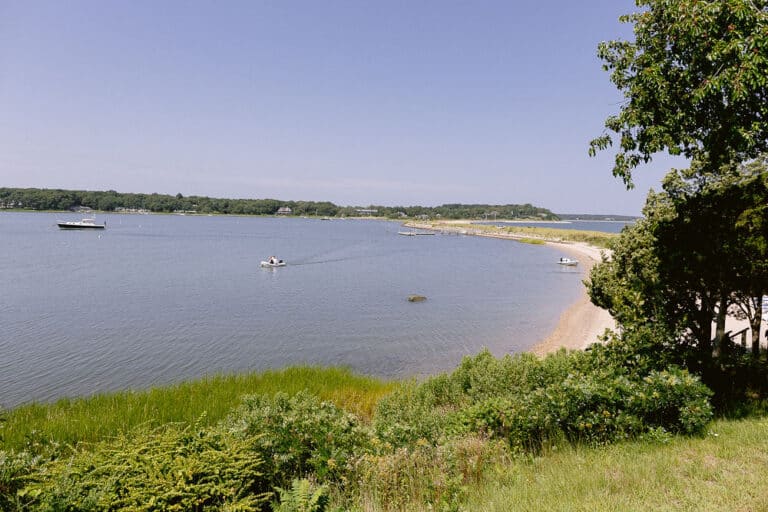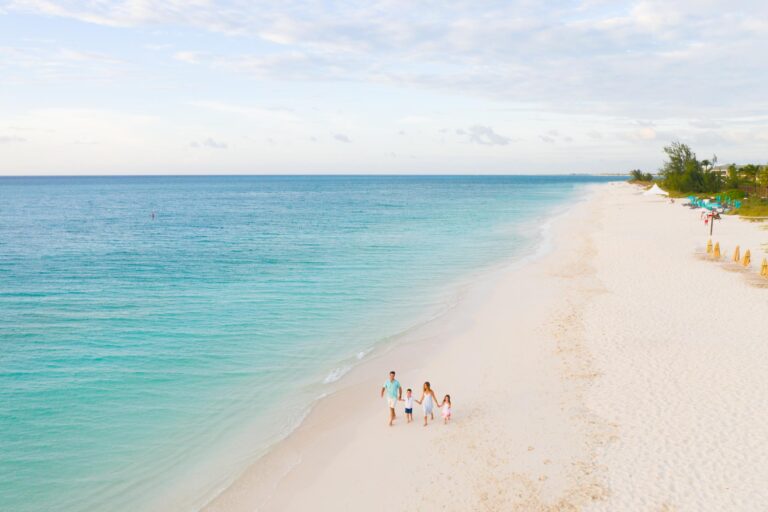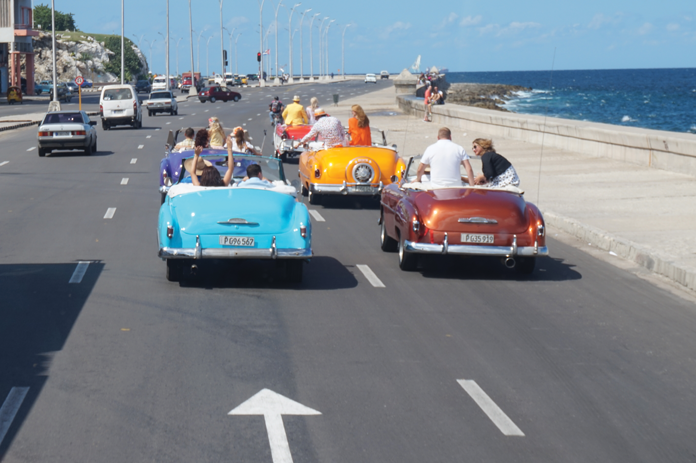
For Americans intrigued by traveling to Cuba, the island 90 miles off the coast of Miami has been mostly off limits since the U.S. trade embargo was imposed in 1962 after President Fidel Castro seized Communist control. Now, in part due to the relaxation of restrictions by the Obama administration, U.S. citizens have been flocking to the Caribbean island filled with a rich history. But while travel is easier, no one can just hop on a flight to Havana. The U.S. government requires Americans to travel to Cuba with a tour group, and to fill out all paperwork required by the U.S. Treasury Department’s Office of Foreign Assets Control.
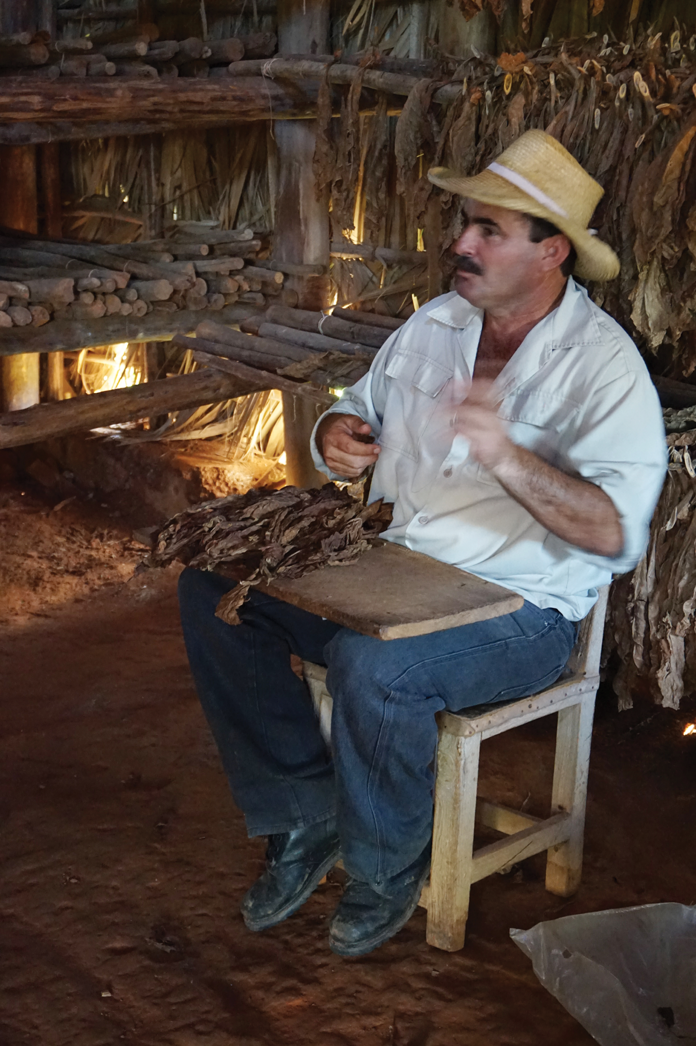
For experienced travelers like Anne Ellis, the bureaucratic barriers of making the journey to Cuba were well worth it. Ellis, the mother of Serendipity founder and CEO Suni Unger, and 19 others went on an eight-day, “people-to-people” educational exchange with the experienced Tauck tour company. Their tightly restricted itinerary included trips to one of Ernest Hemingway’s homes, visiting a cigar factory and learning about the Santeria religion.
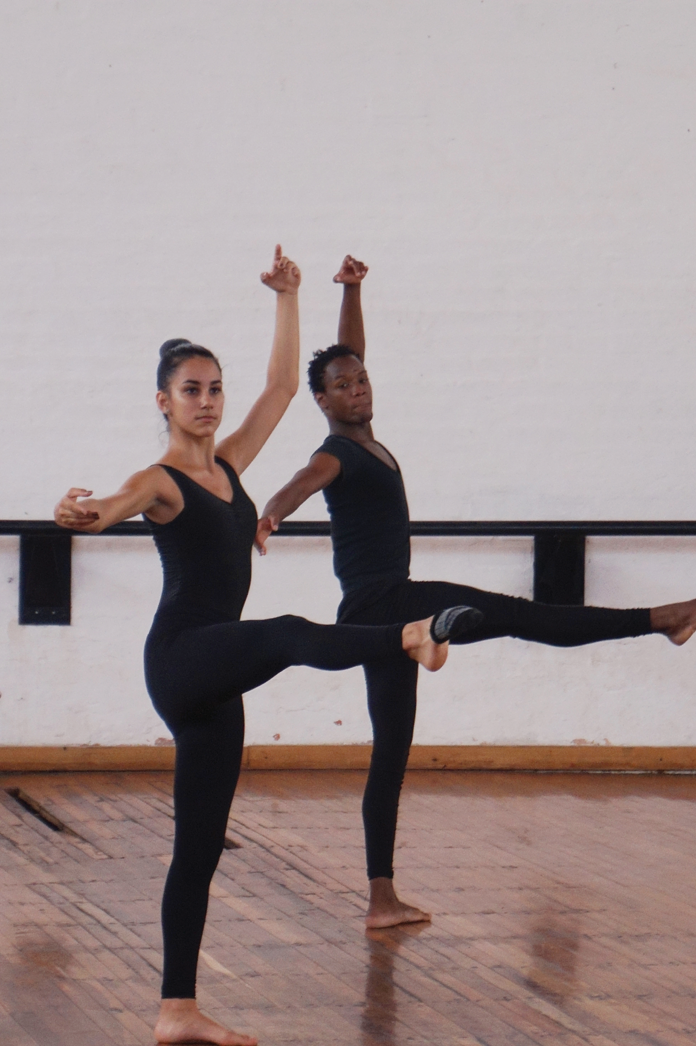
Ellis says she and her fellow travelers learned quickly that experiencing Cuban life required some patience and understanding. “I know any country can put on a good front, but there we were told to take things one day at a time,” the Pinehurst, N.C., resident says. “You have to be flexible as you had to cope with time changes in the schedule.” But what she saw and heard left a lasting impression. “The people are warm and charming, and their soul is filled with music and the language has its own rhythm,” she says.
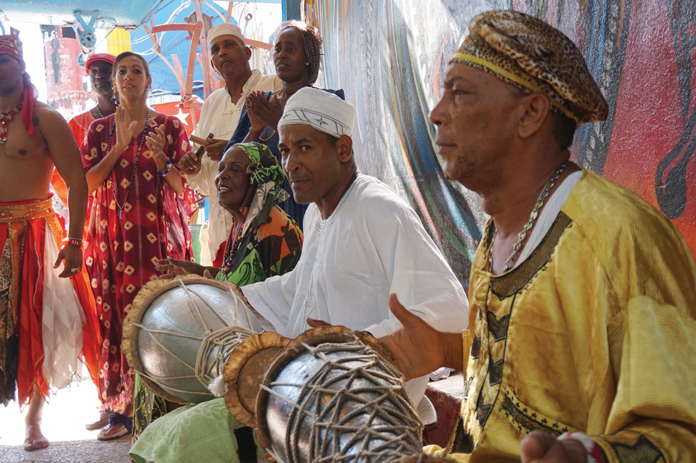
The group made a visit to a community center emphasizing the arts. “That’s where you saw children and what they were doing, with people helping them with their homework,’’ says Ellis. “The community projects are very unique.” The trade embargo prohibits buying almost anything as a tourist, though Ellis bought a mug made by kids at the community center and a piece of carved art of a man with a cigar in his hand. When it was time to eat, there were two options. Ellis says the food was better at the government-owned restaurants, where you would find Cuban sandwiches and steak. Then there were the paladars, which are small, privately owned restaurants that still pay fees to the government. “They served unique dishes, like barbecue beef,” says Ellis, who notes that some paladars have their own gardens and served salads from produce grown right out back, like any farm-to-table restaurant.
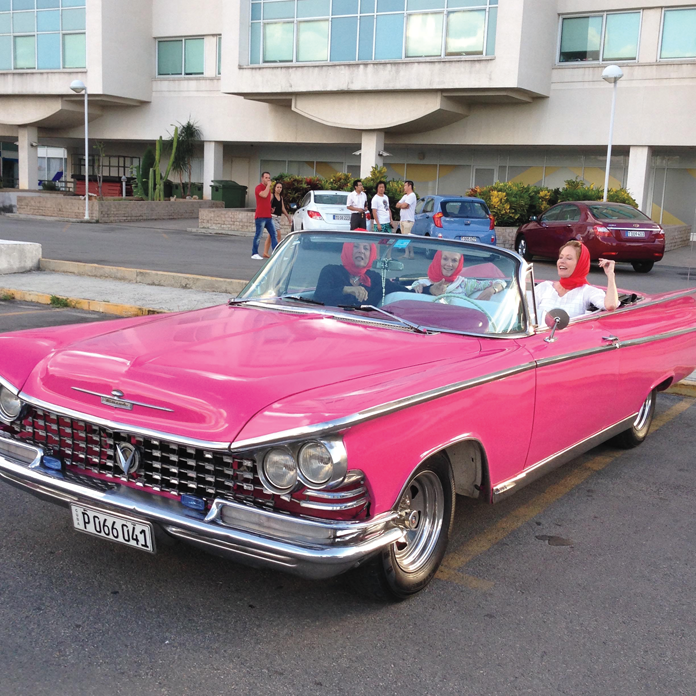
One of the country’s tourist draws is riding in classic American cars. Ellis and other women wore scarves reminiscent of the era and rode around in a pink Cadillac. It was a fitting symbol: echoes of another time enticing those curious about the new Cuba.
Book It: You can ask about trips to Cuba through a local travel agent, or call Tauck at 800-468-2825 or go to tauck.com.
